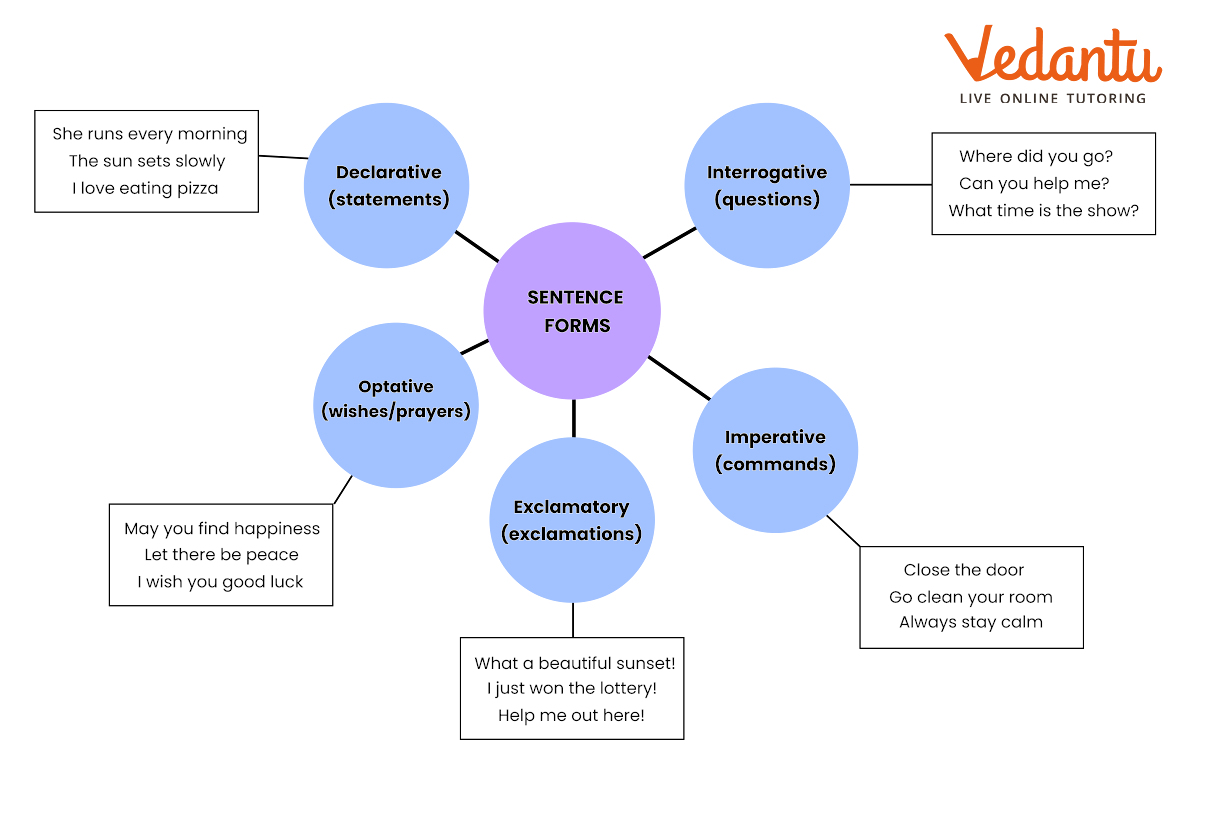




Quick English Sentences for Real-Life Situations
FAQs on Essential Daily Use Sentences in English for Confident Conversations
1. What are daily use English sentences?
Daily use English sentences are phrases and expressions commonly used in everyday conversations. They help in communicating effectively in various daily scenarios.
2. How can I learn common English sentences?
You can learn common English sentences by practicing with language resources, engaging in conversations, and using educational apps that focus on daily use English sentences.
3. What are some examples of daily use sentences in English?
Examples include "How are you?" "Can I help you?" and "I need to go now."
4. Where can I find resources for simple English sentences for daily use?
Look for language learning apps, online courses, and English grammar books that focus on simple English sentences for daily use.
5. How do basic English conversation daily use practices help in learning?
They help by providing practical experience in using English in real-life situations, improving fluency and confidence in communication.
6. Are there specific resources for learning English sentences used in daily life?
Yes, there are many resources like online courses, practice worksheets, and conversation guides that focus on English sentences used in daily life.
7. How can daily use sentences in English improve my language skills?
Regular use of daily sentences in English can enhance your speaking, listening, and comprehension skills by providing practical language experience.
8. What is the importance of using daily use English sentences in conversations?
Using these sentences ensures that your communication is relevant and effective in everyday situations, making interactions smoother and more natural.
9. Can you suggest ways to practice common English sentences?
You can practice by engaging in conversations, using flashcards, and incorporating these sentences into daily routines.
10. How can I integrate basic English conversation daily use into my study routine?
Incorporate these sentences into daily practice sessions, use them in conversations with language partners, and review them regularly to build familiarity and confidence.























